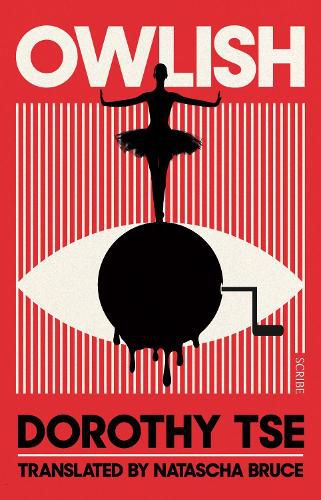Owlish by Dorothy Tse & Natascha Bruce (trans.)
In a world not quite our own, in a city that is not quite Hong Kong, a middle-aged professor is falling in love with a doll who is not quite human. Such reads the premise of Dorothy Tse’s entrancing Owlish, a fantastic magic realist novel that is best described by a single word: dreamlike. You could call it surreal, otherworldly, hypnotic, or even oneiric if you had a thesaurus on hand, but nothing shapes Owlish quite so much as the language of dreams.
Deeply symbolic scenes proceed according to some unfathomable logic, characters drift along in fevered imaginings whilst oblivious to the world around them, and the line between reality and fantasy is thin at first and only dissolves further as the story progresses. Throughout all of this, Tse’s writing is lyrical, political and playfully satirical, creating a portrait of a city that is too busy dreaming to see how it is being torn apart at the seams.
However, the novel’s timely political commentary in which student uprisings clash with authoritarian force is deliberately relegated to the margins, obscured behind a central, unnerving love story between the sexually unfulfilled, neurotic Professor Q and Aliss, a life-size and uncannily life-like ballerina doll. What begins as a perverse, erotic fascination becomes a starry-eyed romance as Aliss is mysteriously brought to life. Through her, the professor rediscovers a youthful exuberance he had long since left behind, even as he loses sight of everything else: his job, his wife, his city.
Yet with each strange turn of events, Tse’s wry storytelling voice balances the comically absurd with the darkly unsettling, creating the sense that this is some ancient fable spliced with modern-day concerns. I thoroughly enjoyed submerging myself in Owlish’s unravelling realities and would recommend it to anyone who feels most at home whilst lost in troubled sleep.


